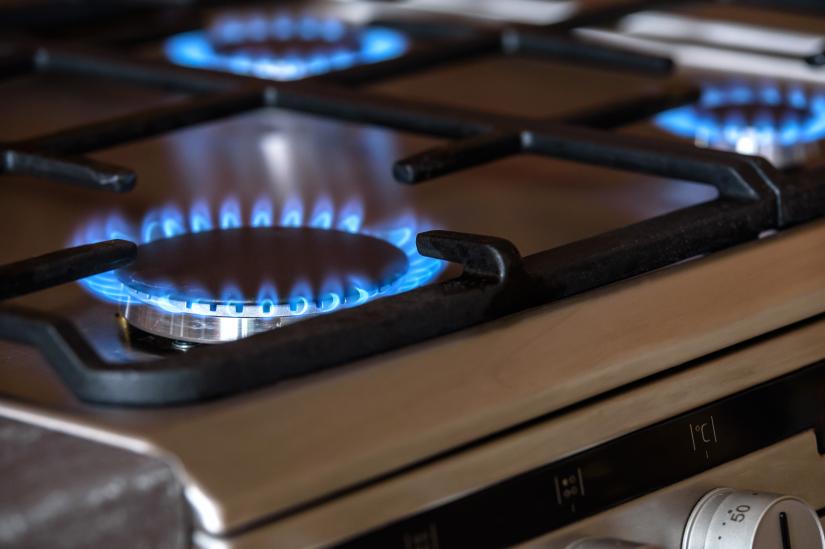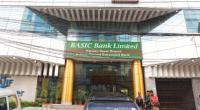 Bangladeshi exporters, especially those in apparel and leather sectors, will lose competitive edge in global markets as they fear that the latest spell of hike in gas prices will push up production cost.
Bangladeshi exporters, especially those in apparel and leather sectors, will lose competitive edge in global markets as they fear that the latest spell of hike in gas prices will push up production cost.
The Bangladesh Energy Regulatory Commission (BERC) on Sunday issued a circular increasing gas prices at different rates effective from Monday (Jul 1).
For industrial use, gas price has been increased by 37.88% from Tk 7.76 to Tk 10.70 per cubic metre, while for captive power it has been increased by 43.97% from Tk 9.62 to Tk 13.85.
Gas price for the power sector has been increased from Tk 3.16 to Tk 4.45 per cubic metre with a 40.82% rise.
In immediate reactions, industrialists and trade body leaders expressed deep concerns over the losing competitiveness in global export destinations.
“On the basis of the information I have, gas bill will take up around 1.5% of the manufacturing cost. So 38% increase in gas price means almost 1% increase in production cost. This may not sound much in terms of percentage, but for an industry struggling for every penny this will be another blow,” said Rubana Huq, who heads the Bangladesh Garment Manufacturers and Exporters Association (BGMEA).
"Now, given the fact that the supply situation of gas did not improve and factories are suffering from pressure fluctuations, we are in tipping point with regard to pricing," she added.
Entrepreneurs are not feeling encouraged to invest due to numerous challenges and this sudden increase in gas price cripples their financial plan, such as increase in gas price will only add up to production cost making the business difficult for the SMEs whose break even is on a thin ice now, according to the business leader.
Meanwhile, textile businesses have urged the government to increase prices of gas in phases, which they think will mitigate the pressure.
“From the current fiscal year, the government is implementing VAT. In this context, a sharp rise in gas prices will be a huge burden for the textile and apparel sector,” said Bangladesh Textile Mills Association President Mohammad Ali Khokon.
Moreover, he says, in the apparel sector compliance has cost huge but the prices of finished goods did not increase.
"So the rise in gas prices will leave the textile sector highly dependent on captive power, in tougher competition," adds Khokon.
He thinks the government should increase the prices of gas in phases so as not to put extra pressures on the manufacturers.
Abul Kasem Khan, a former Dhaka Chamber of Commerce and Industry (DCCI) president, warns that the rise in gas prices will put extra pressure on production cost.
The government should have done it taking more time so that investment will be encouraged and businesspeople will get breathing space, according to him.
Besides, the leather sector, the second largest export earner after the apparel industry, will also face competition as the price of raw materials will go up.
“Though there is no direct use of gas in finished leather goods, the gas price hike will hit the sector as gas is used in tanneries, which supply raw materials for the sector,” said Md Saiful Islam, the top official of leather goods exporter Picard Bangladesh Ltd.
On top of that, businesses also call for a long-term policy on gas and electricity so that people can make investment decisions with a sustained and futuristic aim.
According to Petro Bangla data, Bangladesh produced 966684.63 million cubic meters of gas in 2017-18 fiscal year.
Of the total production, 40.60% was used in the power sector, the highest, while 16.96% was used in industry, followed by captive power 16.35%, domestic 16.06%, fertilizer 4.38%, compressed natural gas (CNG) 4.70%, commercial 0.83%, and tea estates 0.10%.
 Business
Business
41474 hour(s) 56 minute(s) ago ;
Evening 09:50 ; Thursday ; Jul 10, 2025
Exporters say gas price hike to hit them hard
Send
Ibrahim Hossain Ovi
Published : 06:00, Jul 01, 2019 | Updated : 06:00, Jul 01, 2019
Published : 06:00, Jul 01, 2019 | Updated : 06:00, Jul 01, 2019
0 ...0 ...
/zmi/
Topics: Top Stories
- KOICA donates medical supplies to BSMMU
- 5 more flights to take back British nationals to London
- Covid19: Rajarbagh, Mohammadpur worst affected
- Momen joins UN solidarity song over COVID-19 combat
- Covid-19: OIC to hold special meeting
- WFP begins food distribution in Cox’s Bazar
- WFP begins food distribution in Cox’s Bazar
- 290 return home to Australia
- Third charter flight for US citizens to return home
- Dhaka proposes to postpone D8 Summit
Unauthorized use of news, image, information, etc published by Bangla Tribune is punishable by copyright law. Appropriate legal steps will be taken by the management against any person or body that infringes those laws.
Bangla Tribune is one of the most revered online newspapers in Bangladesh, due to its reputation of neutral coverage and incisive analysis.
F R Tower, 8/C Panthapath, Shukrabad, Dhaka-1207 | Phone: 58151324; 58151326, Fax: 58151329 | Mob: 01730794527, 01730794528






